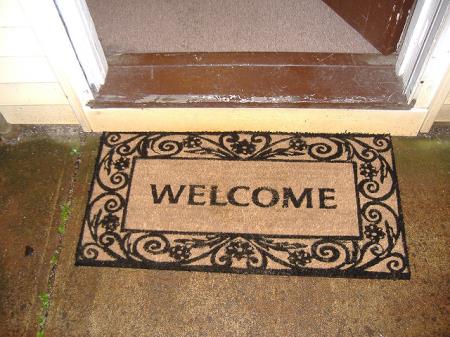Welcome Home

Human Services Spotlight Series #1
Rapid Re-Housing Program Seeks to End Chronic Homelessness
Thanks to an extra financial boost from Pinellas County’s Rapid Re-Housing Program, a disabled man who had been homeless for almost three decades found housing from a landlord who was willing to work with him. The program also helped a single mother find shelter for her and her five children. Now, she’s able to search for employment and child care with the knowledge that her family has stable housing.
Funding for the program comes from the Board of County Commissioners and the city of St. Petersburg. It is overseen by the county’s Human Services Department, which has partnered with St. Vincent de Paul South Pinellas, 211 Tampa Bay Cares and the Homeless Leadership Board to provide financial assistance and critical case management to rehouse homeless families and individuals in cooperation with the county’s “Housing First” model.
The U.S. Department of Housing and Urban Development has charged local communities to end chronic homelessness by targeting people with the highest needs and longest histories of homelessness for existing and new permanent, supportive housing. Chronically homeless individuals are those who have a disability, are in emergency shelters or lack shelter, and who have been continuously homeless for one year or more or have been homeless on four or more occasions that total one year or more in the previous three years. According to the Homeless Leadership Board in Pinellas County’s Point in Time Count Survey data, 690 people in Pinellas County were chronically homeless in 2017.
“Housing First” is a best practice model implemented throughout the country that begins with the fundamental principle that housing is a basic human right and, as such, should not be subject to preconditions. National research suggests that individuals and/or heads of household who have been homeless are more successful in achieving self-sufficiency when housing stability is acquired first, regardless of whether they are sober or financially self-sufficient in the beginning. Once their housing situation is stabilized, their ability to achieve sobriety or financial
self-sufficiency, or overcome other common barriers to housing stability dramatically improve.
To learn more about Human Services Programs visit: Pinellas County Human Services